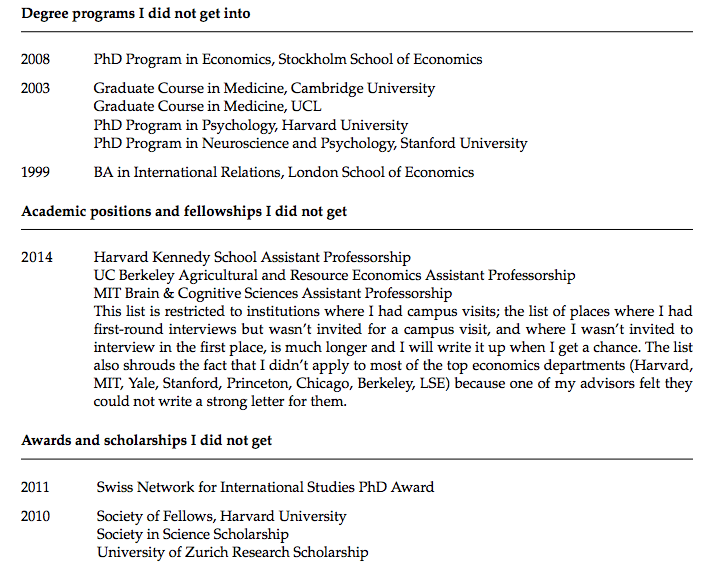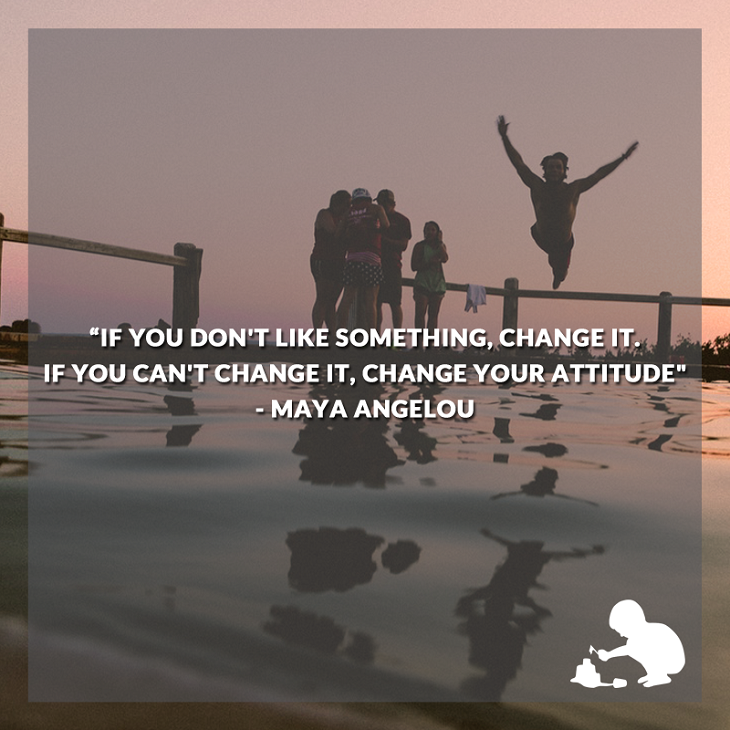
There are various approaches to finding career direction and each have their proponents and adversaries. Many career coaches favour a more holistic approach where a number of different approaches are used to provide a wider perspective for the client. Here are three approaches.
Personality inventories are popular and used to good effect in career finding. Better known examples are the Myer-Briggs Type Indicator (usually known as the MBTI) and the Strong Interest Inventory (SII). Personality inventories are assessment tools that help people identify their personality type and they also highlight various traits that people have in social and work situations. They can also be used to identify people’s interests, motivations and their strengths and weaknesses.
Whichever inventories a person uses, they will learn a lot about themselves. However, they are not error-proof as they are self-reporting (you answer the questions as truthfully as you decide) and are therefore best used as indicators rather than as definitive. The various factors identified by the personality inventories are used to assist a person in choosing a career that they will find personally satisfying and fulfilling, and they have much success in doing this.
Another approach to finding career direction is using a strengths-based approach. Firstly let us define a strength as a skill that you are both good at and enjoy doing. Merely focusing on skills you are good at could lead you into a job or role where you use skills you are good at but don’t actually enjoy doing – that’s a recipe for unhappiness and a short lived career. Focusing on strengths, on the other hand, attempts to find a match between the skills you enjoy doing and are good at, and a career or role that utilises all or most of your strengths. Obviously being in such a role would lead to happiness, contentment and fulfilment at work.
The process of discovering your strengths is one of reflection and self-assessment – various exercises are used to identify skills you like using, achievements you are proud of, roles you enjoy, and the type of people you like working with. To get a more objective view of your strengths, you can also ask your family, friends and colleagues what they see as your strengths. The exercise, Your Reflected Best Self, is one way of accomplishing this.
Another approach is to identify our values and relate them to possible careers and roles. Our values determine whether we are happy and content with our work and working life. They influence our behaviour and our attitude to various situations. If our work conflicts with our values, we will feel unhappy and stressed at work, so it is important to know what our values in relation to work are.
Examples of values are fairness, justice, compassion for others, integrity, attention to detail, neatness, etc. If you have to work long hours, but you value family or work-life balance, your job conflicts with your values and you will feel stressed and unhappy at work. If you value working with people and helping others, and your job involves this, you will feel happy and motivated in work. So it is important to find a career or role that is in keeping with your values.
The process of identifying your values is normally led by a career coach or counsellor, but using a long list of values and ticking off the ones that mean something to you also works.
As stated above, it is best to use more than one approach. While it is possible to do a lot of this self-assessment and self-discovery on your own, it is far more productive to seek the assistance of a career coach or specialist.







